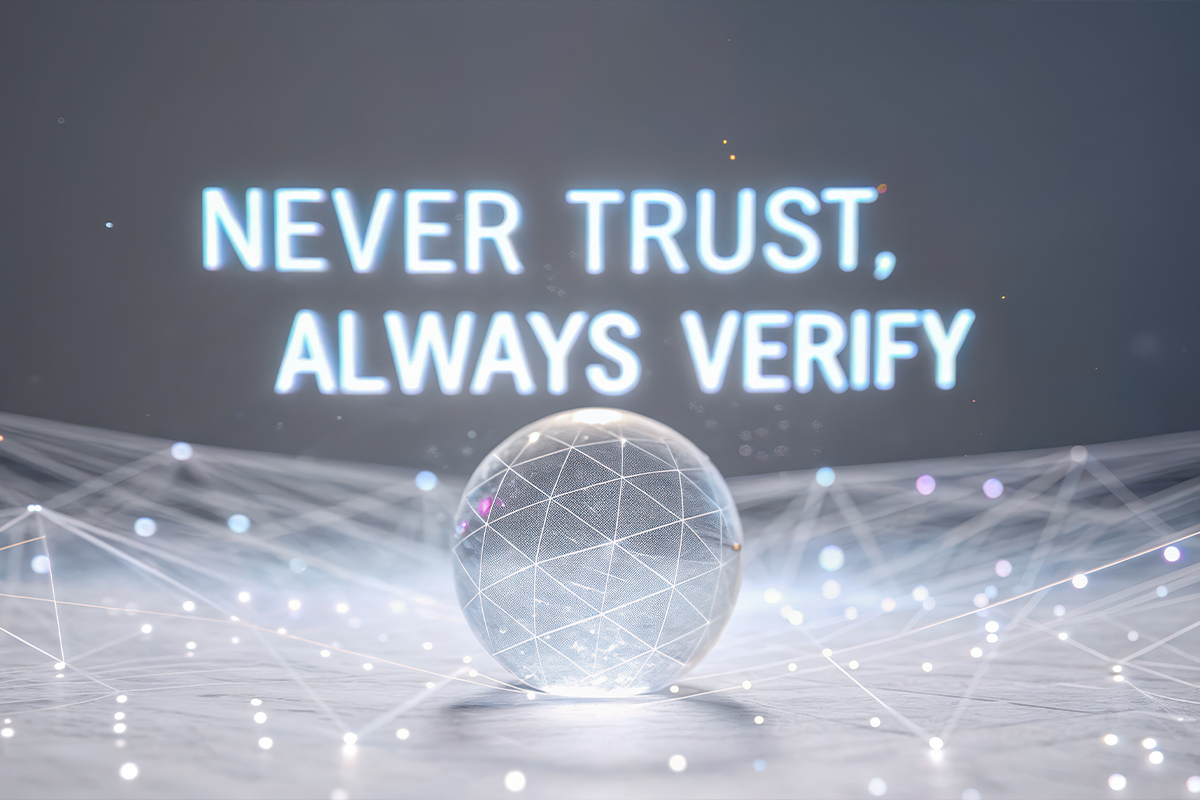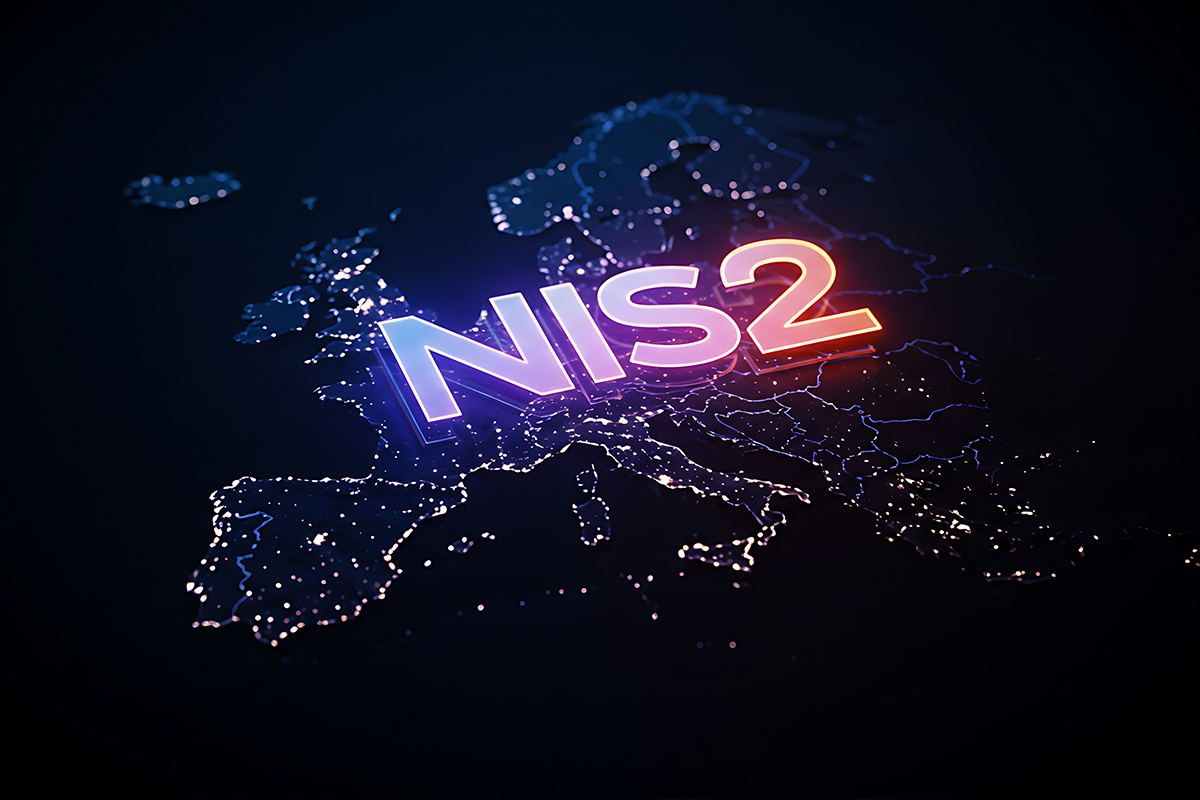The repeated failure of social media companies to properly protect personal data has so undermined consumer confidence that most people now believe total privacy is impossible in the modern digital era.
In a move designed to alleviate some of the growing international pressure on his and other Big Tech companies, Facebook’s CEO has called for regulation of the Internet to protect against data privacy breaches.
Apple, too, has started to promote its privacy credentials more heavily.
It’s a sign that the tech industry is seizing the initiative. As digital privacy takes center stage, demand for better protection measures is on the increase.
A professional, business-grade virtual private networking (VPN) is the best way for companies to ensure sensitive and personal information of employees and customers remains private.
Consumers Lose Confidence
Data privacy scandals like Cambridge Analytica and Google+ have eroded whatever faith people had in tech companies’ ability to keep their personal data private.
A recent IBD/TIPP poll found more than 10% of Facebook users have quit the platform. According to findings in Kaspersky Labs’ 2019 Privacy Report, more than half (56%) of internet users believe complete privacy is impossible in today’s digital era.
Concern about digital privacy is further fuelled by personal experiences with 26% of participants saying private data had been accessed without consent while 25% had received personalized spam/advertisements.
People are also doing more to protect themselves. Some two-thirds of respondents password-protect their devices while 35% regularly check privacy settings.
Pressure for Regulation Builds
Politicians the world over are considering legislation that forces tech companies to better protect citizens’ Internet data. Consumers also want more controls put in place.
A 2019 YouGov study found 33% of Americans want the government to regulate how social media companies manage and safeguard their personal data.
Already EU General Data Protection Regulation (GDPR) and the California Consumer Privacy Law have been passed to ensure the social media giants provide better safeguards for people’s Personally Identifiable Information (PII).
The signs are that this is just the beginning.
Big Tech Responds
Sensing which way the wind is blowing, Mark Zuckerberg has attempted to frame the debate. Writing in a blog post, the Facebook CEO calls on governments to extend data privacy protections prescribed in EU GDPR to the rest of the world.
He omits to mention that GDPR only protects the data users share with a given platform. It does not cover browsing history, metadata or data acquired from third parties.
Yet, combining data from all these sources is exactly how Facebook and other tech companies build up detailed profiles about individuals – even those that do not use their platform.
The ability to continue building and using these profiles unfettered by regulation is critical to how they operate.
Data Privacy Hits the Zeitgeist
Facebook is not alone among the Big Tech companies to suddenly become a data privacy champion. Others are taking up the data privacy baton.
Apple, a long-time ambassador for data privacy, has started placing it front and center of their value proposition. Industry analysts expect more companies to follow suit.
At the same time, public distrust of the major technology brands is spreading, encouraging newcomers to enter the market.
At this year’s CES show in January a host of security startups demonstrated everything from privacy-by-design voice assistants to gadgets that discover vulnerabilities in Internet of Things (IoT) devices around the home. Users would still need to secure their data privacy using a proxy server or a VPN service.
Businesses have long understood the importance of preserving the privacy of their data communications. More often than not, however, data privacy has to compete against available budgets and a range of conflicting commercial pressures. But in the current climate of data breach scandals, consumer disquiet and stricter regulation companies are pushing digital privacy up the agenda.
Many have concluded that the safest option is to implement an enterprise-grade VPN service capable of protecting and managing the data communications of that can scale to meet the needs of remote workers, customers and business partners.
In summary, the question of data privacy protection has never been more in the spotlight.
Lawmakers, technology leaders and end users are actively engaged in the quest for universal data privacy protection. For their part, organizations are turning to professional VPN software to help them sensitive company and personal information private as it passes over the Internet.
After many years of living in the shadow of engineering brilliance data privacy is finally having its day.






